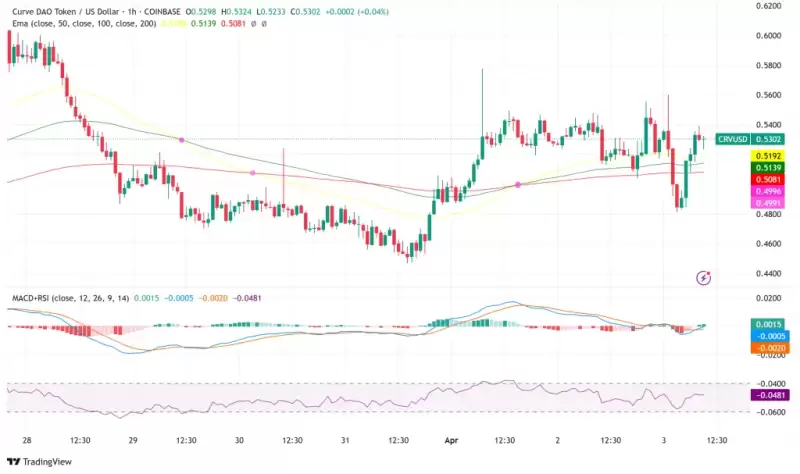
The cryptocurrency industry is bracing for major regulatory shifts as power in Washington, D.C. changes hands with the incoming Trump administration. Pro-crypto legislation, such as the Financial Innovation and Technology for the 21st Century Act (FIT21), is set to advance, promising a regulatory framework designed to support the sector's growth. However, cybersecurity concerns could pose a significant hurdle to the broader adoption of digital assets, especially given the persistent skepticism among the American public regarding their safety.
Cryptocurrency, which includes popular assets like Bitcoin, Ethereum, and Dogecoin, has a dedicated following in the U.S. According to the Pew Research Center, 17% of American adults have traded in crypto, though this market penetration has remained largely unchanged since 2021. On the other hand, a Pew poll conducted just prior to the 2024 election showed that 63% of adults have little to no confidence in crypto investing, expressing concerns about the reliability and safety of digital assets.
Despite these concerns, the incoming Trump administration has highlighted its support for the cryptocurrency industry. Republican lawmakers, such as Dusty Johnson (R-South Dakota), co-author of FIT21, have voiced strong backing for establishing a clear regulatory framework to enable businesses to operate in the digital asset space. Johnson, in a recent statement, emphasized the need for regulations that facilitate crypto's role in traditional finance.
FIT21, which passed in the House with bipartisan support, includes provisions aimed at addressing the treatment of digital assets under U.S. law. Notably, the bill also incorporates cybersecurity measures, mandating that financial intermediaries engaging with digital assets take steps to protect both their services and the assets they handle. Glenn "GT" Thompson (R-Pennsylvania), Chairman of the House Committee on Agriculture, highlighted these cybersecurity safeguards as essential for ensuring the stability and security of digital asset markets.
However, some experts remain skeptical about the effectiveness of the Trump administration's approach to cybersecurity in the crypto space. Jeff Le, vice president of global government affairs and public policy at Security Scorecard, noted that key economic figures in the incoming administration have been strong crypto advocates, which could lead to less focus on robust cybersecurity measures. Le pointed out that cryptocurrency's decentralized and anonymous nature often makes regulation difficult and that advocates for crypto are typically reluctant to push for stricter rules.
Jason Baker, senior threat intelligence consultant at GuidePoint Security, expressed concerns that a pro-crypto agenda might inadvertently heighten risks in the cybersecurity realm. Cybercrime, such as ransomware attacks, often utilizes cryptocurrencies like Bitcoin for ransom payments. As cryptocurrency values rise, so too does the potential for financial gain for cybercriminals, making cybersecurity a pressing issue.
The cryptocurrency industry has emerged as a major political player, contributing heavily to the 2024 election cycle. While these donations have spanned both political parties, the industry's influence is particularly strong within the GOP. Super PACs like Fairshake, backed by crypto giants like Coinbase and Andreessen Horowitz, have already raised over $100 million for the 2026 midterm elections, further solidifying the crypto sector's political clout.
Despite the push for a more favorable regulatory environment, experts like Baker believe that significant regulation on cryptocurrency is unlikely in the near future. With the Trump administration focused more on facilitating the growth of the crypto industry than on imposing stringent regulations, Baker suggests that cybersecurity concerns will continue to be a secondary issue in policy discussions.












































































